SAVED TO THE BODY OF CHRIST
As mentioned in previous blogs, I think we need to re-evaluate our understanding of salvation in a society that is obsessed with individualism. From the beginning of time, humans were meant to be in relationship with others. Even those desert monks who chose to leave society, still focused on their relationship with God. As 1 Corinthians 13:13 says, “And now abide faith, hope, and love and the greatest of these is love.” That which separates us from God and neighbor is called sin.
When Jesus began his ministry, one of his first acts was to call others to be his disciples. Those disciples built the church. We are saved as part of a community of faith. As is clear in both the Hebrew scriptures and the New Testament, our communities of faith are not made up of the super intelligent or the super pious. God chooses to work with imperfect communities to reveal the kingdom toward which we are moving.
CALLED TO BE A BODY
The church is made up of ordinary humans whose strengths and weaknesses mirror the larger humanity of our world. A significant difference, however, is that our community gathers together at least once a week to listen to God’s spirit and be renewed. Like the Israelites who were called to cross the wilderness, so we are called to be a community of faith in a world that emphasizes individuals. Also, like Israel, we have chosen to gather as a community to strengthen our capacity to love and be loved. Or, as Jesus expressed it, the chief commandment is to love God with everything we have and are, and to love our neighbor as ourselves.
WORSHIP IN THE BODY OF CHRIST
Call to worship and prayers and hymns of praise:
Consider our Worship Structures. We begin with our focus on God. Might it be a good practice to invite the membership to focus their attention away from their individual desires and focus on the community’s love of God. For example, invite each one present to identify silently one to three ways that the church could say or act in a way that heals any distance or rupture between God and the world.
When someone has expressed that, the congregation responds, “May God be praised.” Then they sing a hymn to reconfirm their covenant with God.
We are given the courage to name the sins both historically and currently because we anticipate hearing the voice of grace that can heal and forgive us as a community. We are empowered to learn from our past but also to be liberated to tell a new story that can bring hope to the world.
Confession and Assurance of Forgiveness: When it comes to time for confession, let us remember we were called to community and confess where we have failed both historically and in our present experiences. Everyone now confesses at least 3 ways or attitudes that contribute to the divisions and separation in both church and society. While we can confess personal sins, we are also directed to confess on behalf of the whole community.
As the Body of Christ, we, like Jesus, take the sins of the world upon us, but not without hope. We share in naming those sins on a weekly basis, so that we can share with the world a vision of the Kingdom come and God’s will being done on earth.
FOR YOUR CONSIDERATION
This needs more work but I think we can benefit from stepping back from the excessive focus on self and remember that we are called as part of a people favored by Grace.







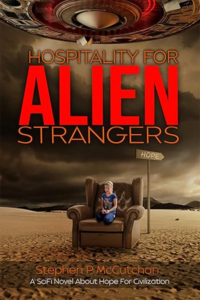
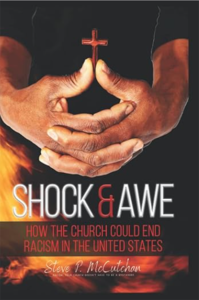
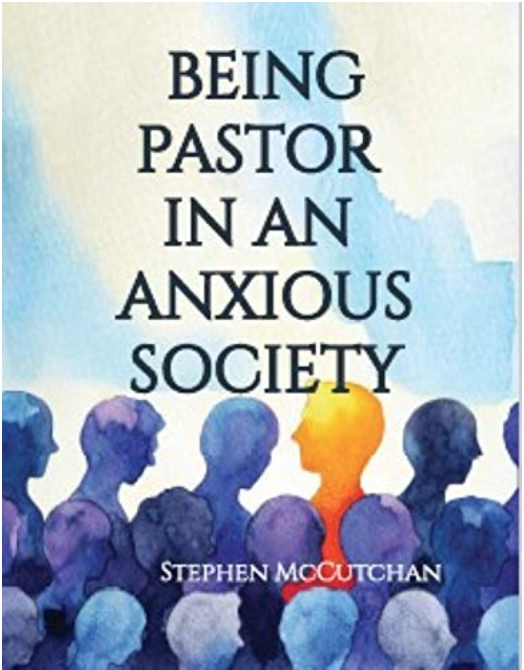
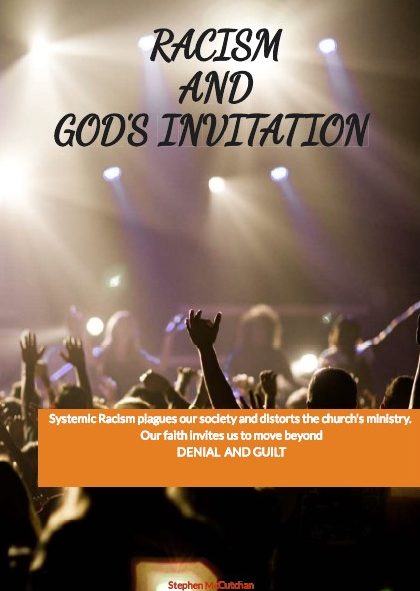
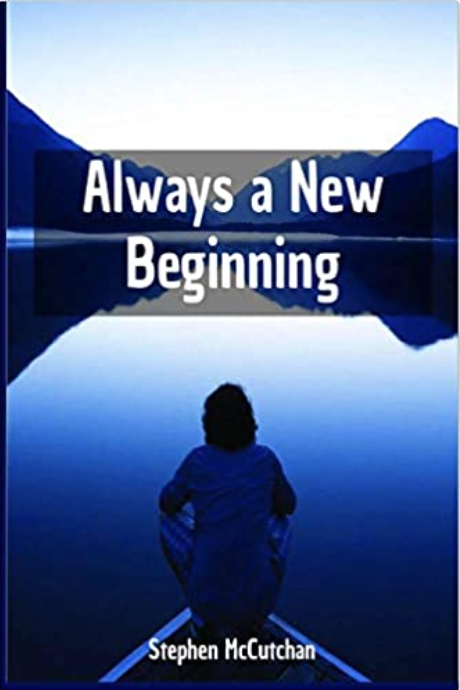




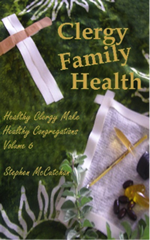



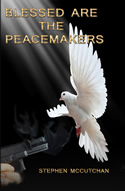
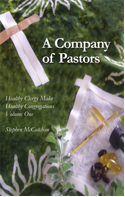
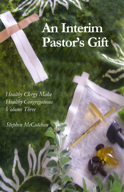
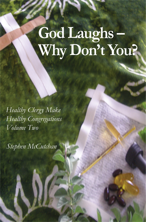

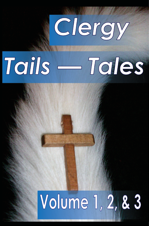

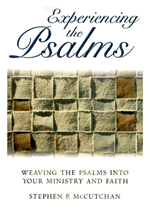
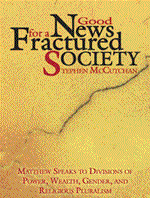
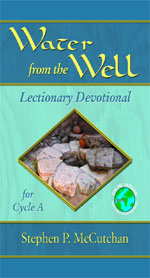
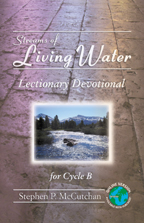



One Response to RACISM, THE BODY OF CHRIST, AND WORSHIP